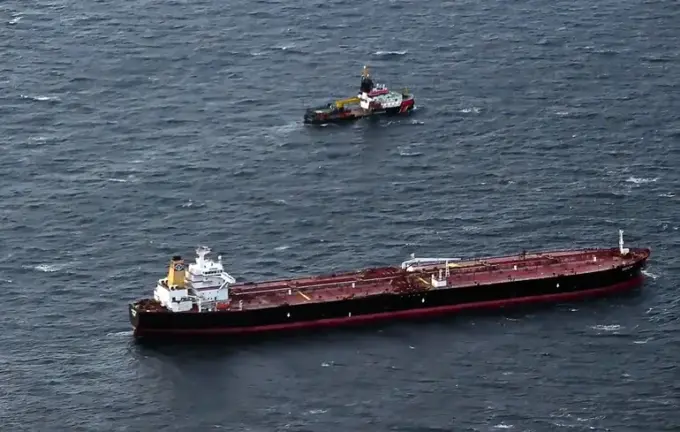Russian Oil Tanker Changes Course in the Baltic Sea: Potential Impacts on Global Oil Trade

A sudden development has occurred in the Baltic Sea involving the Russian oil tanker Furia, which was loaded with crude oil destined for India.
According to vessel tracking data, the ship abruptly changed its trajectory from its initial route through the strait between Denmark and Germany and is now drifting in open waters of the Baltic Sea.
This is not merely a technical malfunction but could signal coordinated actions in response to the United States’ intensified sanctions against Russia’s oil sector.
Following U.S.
sanctions targeting companies like Rosneft and Lukoil, which are to be fully removed from the market by November 21, the prospects for Russian oil deliveries to India are becoming uncertain.
Platforms such as Kpler and Vortexa report that Furia loaded nearly 730,000 barrels of Urals crude at the Primorsk port, initially planning to deliver the cargo to private Indian refiner Reliance Industries and the state-owned Bharat Petroleum.
However, the schedule has since been revised, with the vessel now heading to Port Said in Egypt, the shortest route between Russia and India via the Suez Canal.
This development signals significant shifts in the global oil industry, as sanctions and restrictions on Russian crude threaten to disrupt supply chains and impact prices worldwide.
Indian refineries are already cautious, increasingly turning to suppliers from the Middle East to avoid sanctions risks.
Meanwhile, security issues for vessels passing through critical choke points grow more pressing—especially for Russian oil tankers under EU and UK sanctions.
The intertwining of political and economic measures aims at reshaping global oil flows, raising concerns about the stability of international markets and the future of Russian crude exports.

